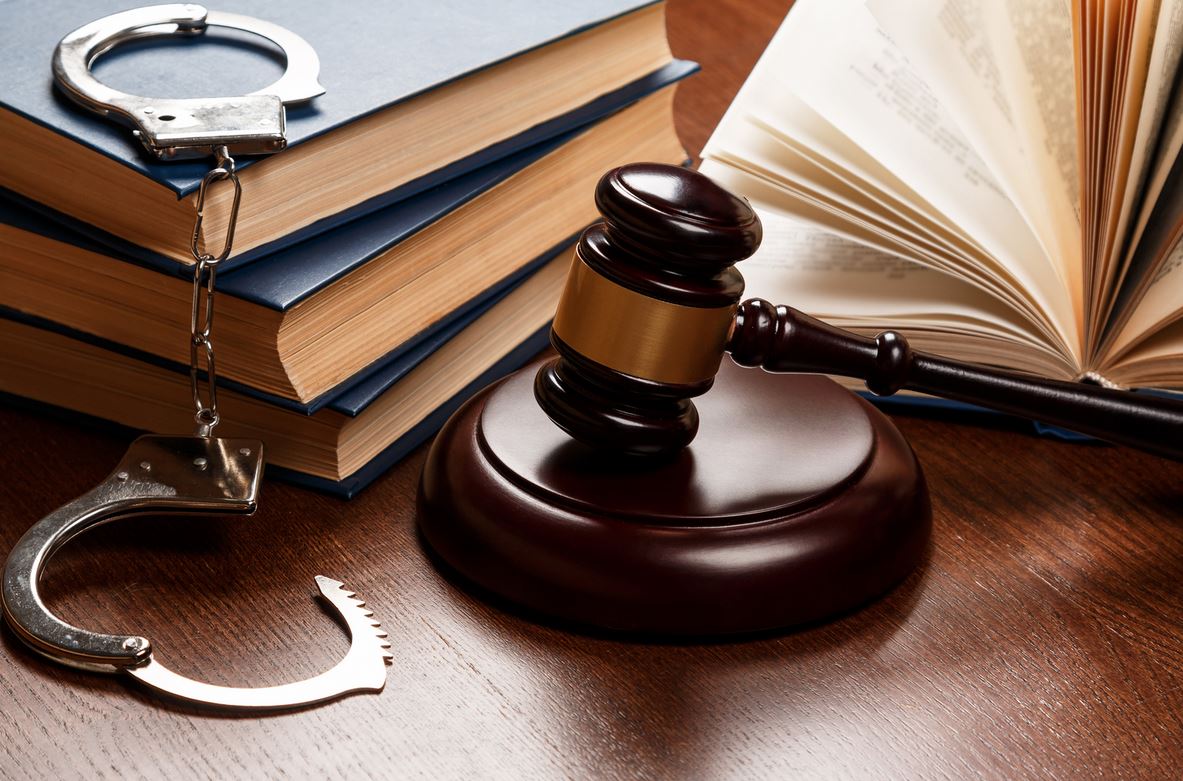Pets are cherished family members who need regular healthcare beyond basic grooming. Dental care is crucial yet often neglected, even though dental diseases are prevalent in pets. Symptoms can be hidden, making it hard for owners to recognize when dental surgery is needed. Awareness of the significance of oral health and recognizing signs of dental problems are essential for ensuring the well-being of our furry companions.
Signs Your Pet May Need Dental Surgery
Dental issues in pets can range from mild plaque and tartar to severe periodontal disease that can lead to systemic health problems. Dental surgery becomes a requisite when these conditions cause discomfort or pain and can’t be resolved with regular dental cleanings or adjustments in-home care. Here are several indicators that your pet might need more advanced dental treatment:
-
Bad breath – While pet breath isn’t known for being particularly fresh, a notably foul odor can indicate dental disease.
-
Difficulty eating or loss of appetite – If your pet is suddenly reluctant to eat, particularly hard foods, or seems to chew on one side of their mouth, this could signal dental pain.
-
Visible tartar or discoloration – Yellow or brown buildup on your pet’s teeth, especially near the gum line, is a sign of tartar and potentially periodontal disease.
-
Bleeding gums or blood on toys – Blood isn’t normal and points to possible gingivitis or periodontal disease.
-
Loose or missing teeth – Mobility in your pet’s teeth is a clear sign that something is not right and may require surgical intervention.
Factors Determining the Need for Dental Surgery
Not all dental issues necessitate surgery. Veterinary professionals evaluate a variety of factors before recommending surgical procedures. A thorough examination helps determine the extent of dental disease and the best course of action, which could include:
Factors Determining the Need for Dental Surgery:
-
The state of the pet’s teeth and gums, including the severity of dental decay or cavities.
-
The presence of periodontal disease, such as gingivitis or periodontitis.
-
The degree of dental plaque and tartar buildup on teeth surfaces.
-
Evidence of tooth fractures or broken teeth that could lead to infection or pain.
-
The presence of oral tumors, cysts, or growths that require surgical intervention.
-
The development of an abscess or pus accumulation due to bacterial infection.
-
Chronic bad breath (halitosis) that may indicate underlying dental issues.
-
Age-related dental concerns, such as tooth loss or wear, may necessitate surgery.
-
The effectiveness of previous non-surgical treatments, like dental cleanings or antibiotics.
-
The pet’s history of dental care and proactive preventative measures are taken.
-
Genetic predispositions to dental issues are common in some breeds.
-
The potential for dental issues to lead to more serious systemic health problems.
In cases where these factors indicate a serious condition that cannot be treated with regular dental cleanings or medications, dental surgery may be the best solution to alleviate pain and prevent further health complications.
Post-Surgical Care and Recovery
After surgery, pets typically require pain management and a soft food diet as they recover. Your veterinarian will provide detailed instructions for at-home care, which may include administering medications or special mouth rinses. Attentive care during this period is crucial for a successful recovery and to avoid complications.
Prevention and Regular Dental Care
Dental Check-Ups
Annual check-ups with your veterinarian are recommended, but if you notice any of the signs above, immediately start the yearly visit. Veterinary dentistry is an essential component of animal healthcare. Professionals in this field are trained to address the various dental needs of pets, ranging from preventative care to complex surgeries.
Pet owners might seek advice from a cat dentist or similar specialist to ensure the oral health of their feline friends. These experts can provide valuable guidance on maintaining good dental hygiene, as well as perform necessary treatments.
Vaccinations and Overall Health
While dental care is crucial, so is the overall well-being of your pet, which is protected through proper vaccinations. Regular cat vaccinations, for instance, safeguard against a myriad of diseases that can affect their overall health and indirectly impact their oral health. It’s a full-circle approach where every aspect of care.
Emergency Services
There may come a time when your pet requires immediate assistance. Urgent veterinary services are indispensable during emergencies, including those related to dental health. Quick and experienced responses can make a critical difference in outcomes when time is of the essence.
Final Thoughts
Take action for your pet’s dental well-being today. Dental health is not just a minor detail—it’s a vital part of caring for your four-legged family member. Please don’t leave it to chance or wait for your vet’s verdict. By embracing regular preventative measures, you can significantly lower the risk of costly and invasive dental surgeries. If surgery does become necessary, be prepared. Educate yourself about the warning signs and familiarize yourself with the treatment options. Your proactive steps and informed decisions are the keys to ensuring a healthy, happy life for your pet. Stand up for their dental health—make it a priority right now.





